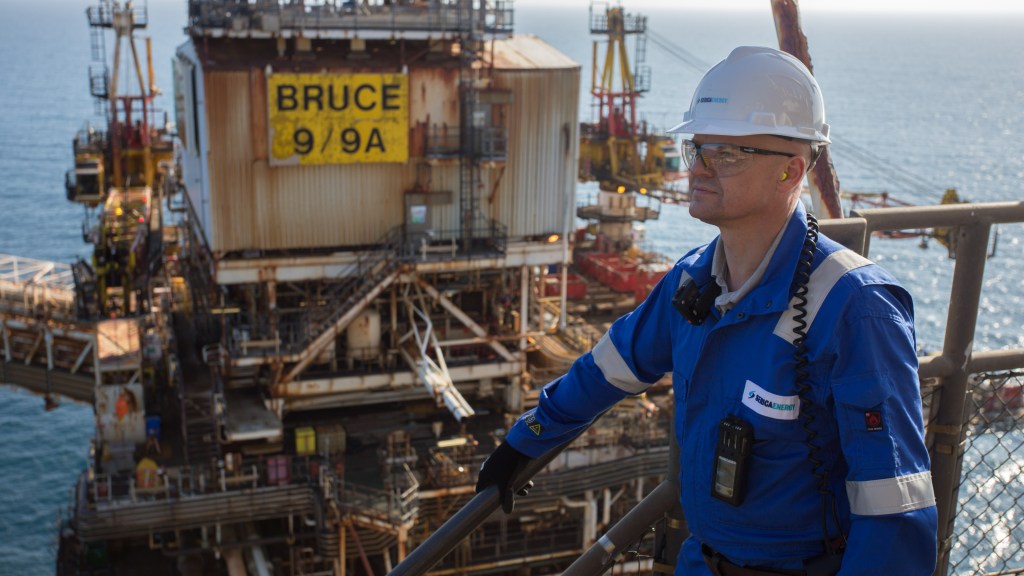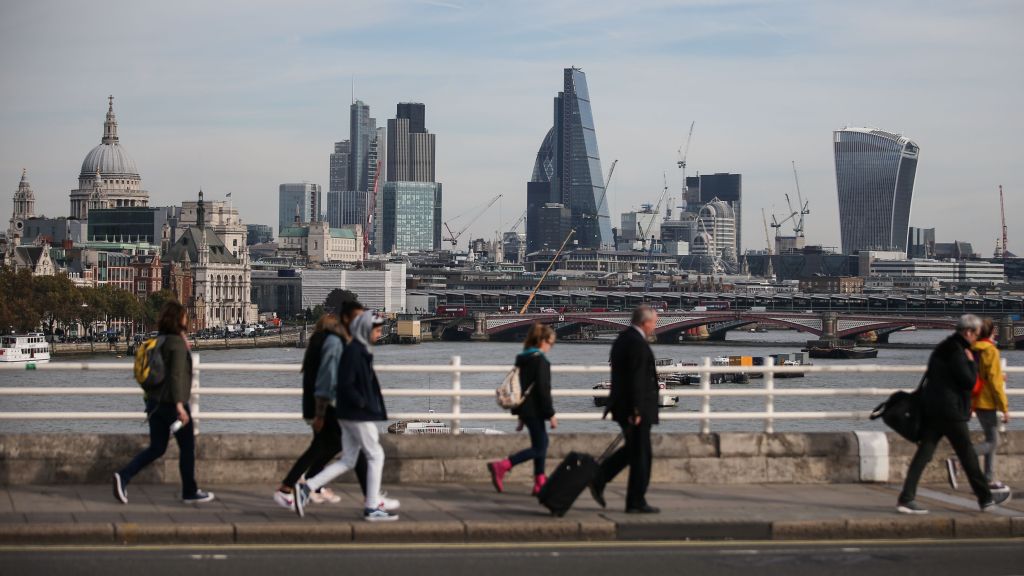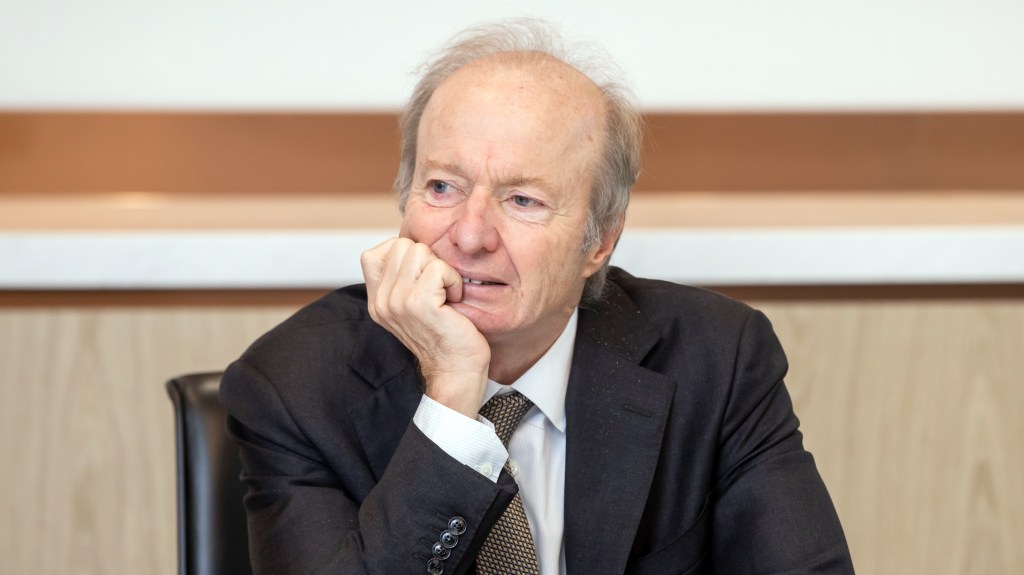Serica CEO Raises Alarm Over Energy Profits Levy Impacting North Sea Investments
The CEO of Serica Energy has expressed concerns that a “punitive” tax regime may hinder the company’s investment ambitions in the North Sea. Chris Cox revealed that the firm is also exploring acquisition opportunities beyond this region.
This statement follows similar remarks made by Amjad Bseisu, the head of Enquest, who highlighted that the Energy (Oil and Gas) Profits Levy threatens spending plans amounting to billions of pounds. Cox, age 63, reiterated these concerns, underscoring that Serica has invested approximately £1 billion in the UK supply chain over the past five years.
Initially implemented during Boris Johnson’s administration and later expanded under Rishi Sunak, the energy profits levy is set to increase its headline rate by three percentage points to 78%. Chancellor Rachel Reeves is planning to extend the levy’s application period by an additional year, now ending in March 2030. Further details regarding capital allowances are expected in Reeves’ first budget announcement scheduled for October 30.
Cox also pointed to a recent Supreme Court ruling in the case of R (Finch) v Surrey County Council, which mandates regulators to assess the environmental implications of burning oil and gas extracted from fields when evaluating new projects.
He indicated that the Buchan project, wherein Serica collaborates with Neo Energy and Jersey Oil & Gas, could be influenced by this ruling. The consortium has already postponed a final investment decision until there is greater clarity regarding the financial and regulatory landscape.

Cox emphasized that preserving full capital investment allowances and establishing a stable financial environment are essential for fostering future investments in the domestic oil and gas sector. Such investments are crucial not only for developing new fields but also for extending the operational lifespan of existing ones, ultimately benefitting UK supply chain enterprises.
Having invested over a billion pounds in the UK supply chain recently, Cox warned that similar investments would decline if the tax regime discourages future spending. He noted that sustained investment is critical for production, which in turn enhances government tax revenues and supports the companies in the North Sea ecosystem’s role in the UK’s energy transition, while also mitigating global emissions by reducing reliance on high-carbon imports.
Serica’s interim results reported an 11% drop in production, averaging 43,700 barrels of oil per day in the first half of the year. Unscheduled maintenance at the Triton hub is projected to position the full-year output towards the lower range of estimates, between 41,000 and 46,000 barrels daily.
The interim revenue reported was $462 million, a decrease from $545 million, influenced by lower gas prices and reduced production. Pre-tax profit fell to $188.5 million from $267.9 million in the previous year.
In the first half of the year, Serica faced $106 million in tax charges, a decline from $169 million in the same period of 2023. The interim dividend for January to June remained steady at 9p, and the company is contemplating moving from the AIM stock exchange to London’s main market.
Cox affirmed that Serica still has an interest in pursuing North Sea opportunities while assessing prospects in other regions. He stressed, “We have not given up on the UK. Depending on the fiscal regime, there may be very attractive growth opportunities available.”
Serica is engaged in discussions with the government on taxation issues, with Cox stating, “We are still working very hard at that. We are lobbying, working with industry peers, industry bodies, and unions to ensure a sensible tax outcome.”
On the markets, Serica Energy shares ended the day down 2p, or 2%, closing at 114p.






